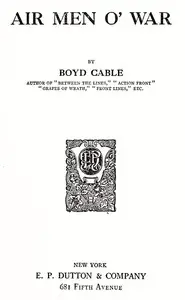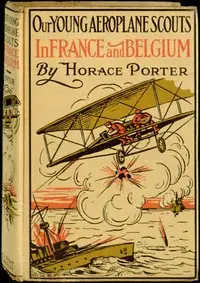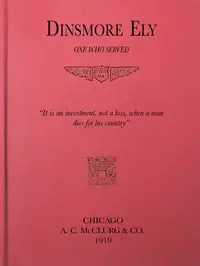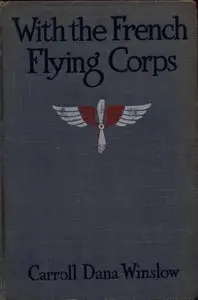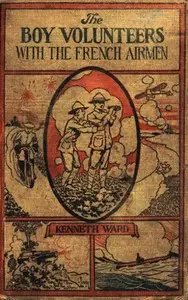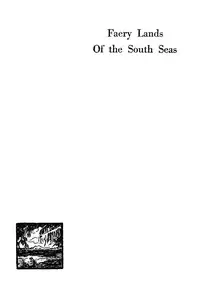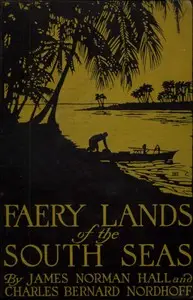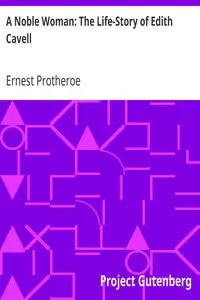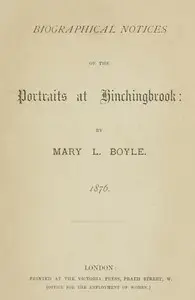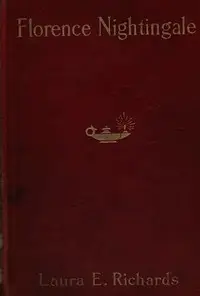"High Adventure: A Narrative of Air Fighting in France" by James Norman Hall recounts the experiences of young American pilots during World War I as they train with the French aviation service. The story introduces two Americans, the author and his friend, who are full of eagerness and a bit of fear as they head off to join the Escadrille Américaine. Their friendship grows over a dinner in Paris, marking the start of their journey together, as they begin to realize the challenges and bond with their fellow pilots in the Franco-American Corps while facing the dangers of war in the air.

High Adventure: A Narrative of Air Fighting in France
By James Norman Hall
Amidst skies of war, youthful American pilots chase adventure and forge friendships as they learn to combat a brutal reality during World War I.
Summary
About the AuthorJames Norman Hall was an American writer best known for The Bounty Trilogy, three historical novels he wrote with Charles Nordhoff: Mutiny on the Bounty (1932), Men Against the Sea (1934) and Pitcairn's Island (1934). During World War I, Hall had the distinction of serving in the militaries of three Western allies: Great Britain as an infantryman, and then France and the United States as an aviator. His awards include the Croix de Guerre, the Médaille Militaire, the Légion d'Honneur and the Distinguished Service Cross. After the war, Hall spent much of his life on the island of Tahiti, where he and Nordhoff wrote a number of successful adventure books, many adapted for film. He was also the father of Conrad L. Hall, regarded as one of the ten most influential cinematographers in film history.
James Norman Hall was an American writer best known for The Bounty Trilogy, three historical novels he wrote with Charles Nordhoff: Mutiny on the Bounty (1932), Men Against the Sea (1934) and Pitcairn's Island (1934). During World War I, Hall had the distinction of serving in the militaries of three Western allies: Great Britain as an infantryman, and then France and the United States as an aviator. His awards include the Croix de Guerre, the Médaille Militaire, the Légion d'Honneur and the Distinguished Service Cross. After the war, Hall spent much of his life on the island of Tahiti, where he and Nordhoff wrote a number of successful adventure books, many adapted for film. He was also the father of Conrad L. Hall, regarded as one of the ten most influential cinematographers in film history.

